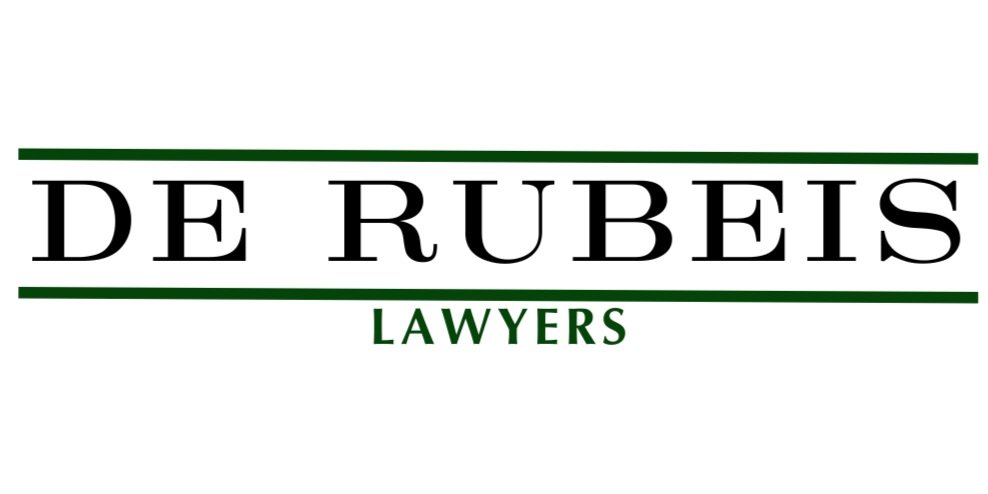Buyer Representation - Obligation to Pay Sales Commission
In a recent case decided by the Ontario Superior Court of Justice, the relationship among broker, agent, seller and buyer was fully analyzed(particularly in the context of representation of a buyer and the obligation to pay any shortfall in sales commission). After reviewing extensive facts of a completed sale in which the listing broker demanded sales commission from the buyer pursuant to a Buyer Representation Agreement (Form 300 - "BRA"), the learned judge applied these well known principles:
A buyer is either a Client or a Customer of the Brokerage - the proper agreement must be used (Form 300 or 310);
If the buyer is a Client ( "BRA"), a fiduciary duty is owed by the brokerage (and its employees) to the buyer;
In cases of "multiple representation", fully informed consent given by the buyer in writing is necessary;
Where any of Forms 300, 310 or 310 may apply, these forms must be fully completed and must be consistent with one another;
A sales representative is an employee of the brokerage and cannot act independently. If the brokerage represents the seller while providing Customer Service to the buyer, a sales representative of the same brokerage cannot serve the buyer under a BRA.
The claim by the brokerage against the buyer for sales commission was dismissed in this case because the evidence strongly suggested the buyer was only a Customer of the brokerage however the judge went further to state that even if the BRA signed by the buyer in this case was valid, its terms and the obligation to pay sales commission were not explained to the buyer (i.e. breach of the fiduciary duty owed under the BRA).
Another important lesson of a more practical nature emerged from this decision, namely, the unsuccessful claim for sales commission of $40,680 was brought in the Superior Court resulting in legal costs awarded to the successful buyer of $30,000!! One could surmise that the unsuccessful broker paid close to $30,000 for its own legal representation as well. The risk of fighting any case in Superior Court due to legal costs awarded against the losing party is very significant.
TOPICS FOR DISCUSSION
1. Small Claims Court has a monetary limit of $25,000 and employs a process designed to reduce legal costs and achieve quicker results for litigants. Legal costs awarded in Small Claims Court do not normally exceed 15% of the amount of a claim. In hindsight, should this claim have been brought in Small Claims Court even if the claim would have been trimmed down by $15,000?
2. Multiple Representation/Dual Agency - The Ontario government has recently completed public consultation on the issue of "Designated Agency" as a new approach to avoid confidentiality and other issues inherent in Dual Agency. Of note, the Province of B.C. has essentially outlawed Dual Agency since January 2018 and adopted the Designated Agency model of multiple representation (a major and mostly unpopular change to the law of agency by statute). We await word from the Ministry of CGS regarding next steps on this and other possible changes to real estate practices in Ontario as well.
